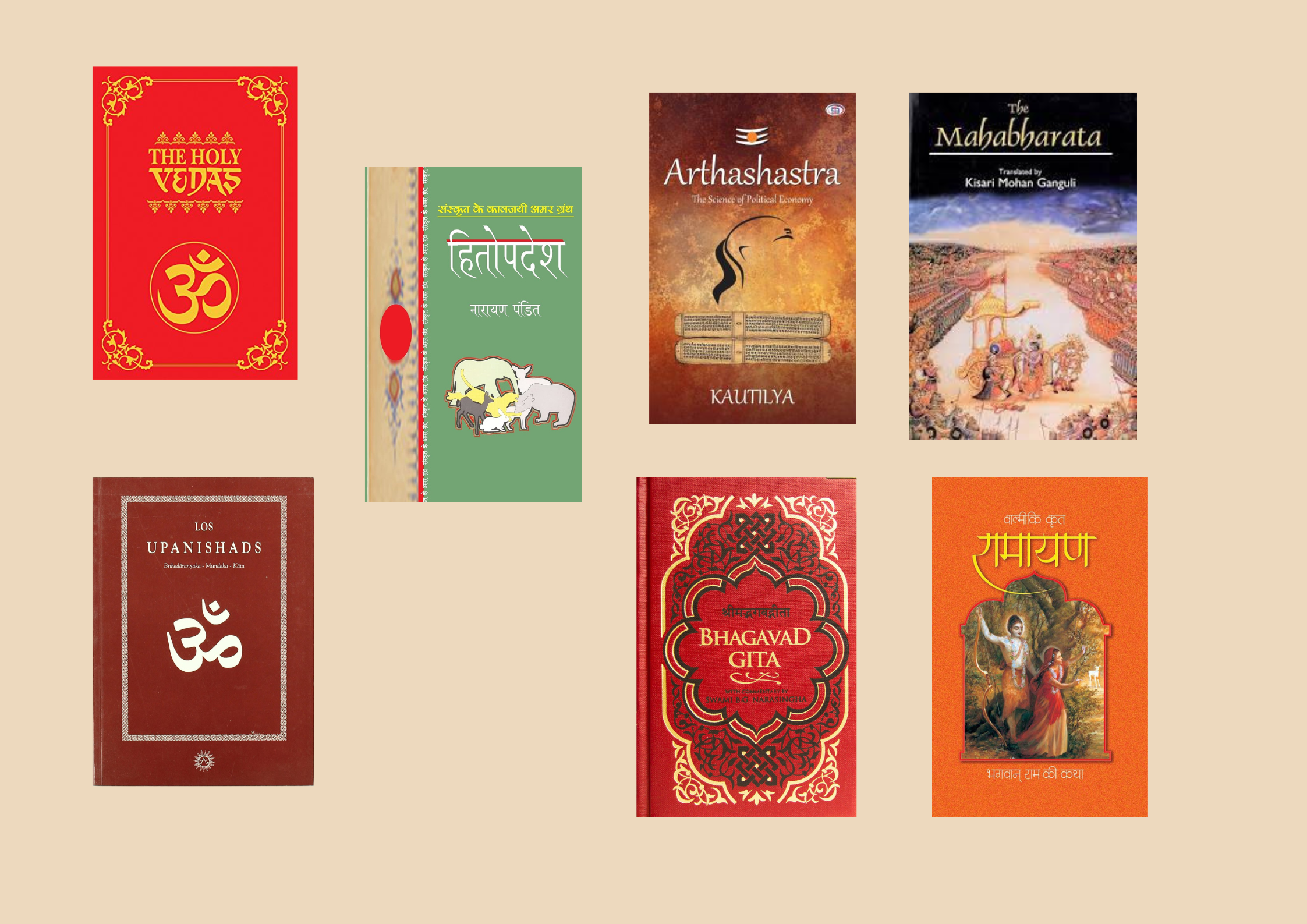Financial Wisdom from Ancient Indian Texts: Principles for Ethical Wealth Management

Table of Contents
Ancient Indian texts like the Vedas, the Bhagavad Gita, and the Mahabharata contain a wealth of knowledge on how to lead a fulfilling and prosperous life.
One of the key areas of focus in these texts is financial wisdom and wealth management. These texts offer a unique perspective on how to manage one’s finances in an ethical and balanced manner.
They provide a moral and ethical framework for managing one’s finances and offer valuable insights on how to earn, save and invest money responsibly.
In this article, we will explore some of the key principles of financial wisdom from ancient Indian texts and how they can be applied to modern-day financial management.
“One should not desire more wealth than is sufficient for one’s needs.” – The Bhagavad Gita.
This principle emphasises the importance of contentment and the need to be satisfied with what one has.
It suggests that having more than what is needed can lead to unnecessary stress and worries.
“Wealth is not evil in itself, but the love of wealth is the root of all evil.” – The Mahabharata.
This principle highlights the idea that wealth in itself is not bad, but it is the attachment to wealth that can lead to negative consequences.
It suggests that one should focus on earning wealth ethically, and not be consumed by the desire for more.
“The man who is contented with what he has will never become poor; the man who continues to increase his wealth increases his cares.” – The Hitopadesa.
This principle points out the difference between contentment and greed.
It suggests that those who are content with what they have will never have to worry about poverty, but those who are always looking for more will find themselves in a constant state of worry.
“A king should not take too much from his subjects, nor should he give them nothing. By taking too much, he will exhaust his kingdom, and by giving nothing, he will exhaust his people.” – The Arthashastra.
This principle suggests that a ruler should be fair and just in his taxation policies. Taking too much from his subjects will lead to their exhaustion and giving nothing will lead to the exhaustion of the kingdom’s resources.
“The man who has enough is never poor, but the man who is always wanting more is never satisfied.” – The Ramayana.
This principle emphasises the importance of being satisfied with what one has.
It suggests that those who have enough will never be poor, but those who are always looking for more will never be satisfied.
“Giving is the source of all wealth, for by giving one becomes rich in friends, rich in children, and rich in cattle, and rich in the glory of the gods.” – The Upanishads.
This principle emphasises the importance of giving and generosity. It suggests that by giving, one can attain wealth in various forms and earn blessings from the gods.
“Wealth is like a river. It must flow, for if it stands still, it will become stagnant and corrupt.” – The Puranas.
This principle emphasises the importance of using wealth and not hoarding it.
It suggests that wealth should be invested, used or shared in order to generate more wealth or to help others. Hoarding wealth will only lead to its corruption.
“It is better to live one day as a lion than a hundred years as a sheep.” – The Vedas.
This principle encourages individuals to take risks in order to achieve success. It suggests that it is better to take a bold step and fail than to live a life of mediocrity.
“A wise man should have money in his head, but not in his heart.” – The Vedas.
This principle emphasises the importance of being practical and rational when it comes to money. It suggests that one should use money wisely and not let emotions cloud one’s judgement.
“The art of living is the art of giving and taking.” – The Upanishads.
This principle suggests that in order to live a fulfilling life, one should learn the art of giving and taking. It suggests that one should be generous and open-minded when it comes to receiving and giving, whether it’s money, advice, or assistance.
“Wealth is a product of industry and economy, and not of luck.” – The Kama Sutra.
This principle emphasises the importance of hard work and diligence when it comes to earning wealth.
It suggests that one should be disciplined and work hard in order to achieve financial success rather than relying on luck.
In summary, these principles from ancient Indian texts emphasise the importance of using wealth, taking risks, being practical, being generous and open-minded, working hard and being disciplined.
They warn against the negative effects of hoarding wealth and letting emotions cloud one’s judgement.
They encourage individuals to lead a life of balance, harmony and hard work in order to achieve financial success.
